

Integrated Foundation (Year 0)
If you’re considering studying a new subject or want to develop your skills before diving into a three-year course, then an Integrated Foundation Year is the perfect start, offering an extra year to give you a head start for future success.
After the integrated foundation year, you’ll have a deeper knowledge of your subject, a clear understanding of your strengths, a developed practical and technical skill set and the confidence to excel in your chosen degree subject.
You will:
- Develop technical, creative and critical thinking and production skills in your chosen specialism.
- Learn teamwork and time management skills through a variety of learning environments, and experiences.
- Nurture critical thinking and creative problem-solving skills through the development of unique and challenging projects.
- Build your confidence, skills and creative ability as you embark on your chosen course of study.
Course details
Our Integrated Foundation Year is delivered over three units, and each unit enables you to develop your emerging skills, working with resources and tutors from within your chosen specialism.
The first unit is focused on the creative process and problem solving; the journey from initial ideas to resolved outcomes. Students are encouraged to experiment, test and develop their ideas through a process of iteration.
There will be specialist workshops within your chosen subject where you will begin to engage in the fundamental skills and where you will have opportunities to work across disciplines and collaborate with other students.
This approach to creative problem solving and project realisation continues into the second unit where your will continue to establish your practice and apply it to your chosen discipline, continuing a programme of inductions to different workshops with our expert technicians.
By the third and final unit you will be confident in your ability to carry out practice-based research and resolve creative problems. You will begin to develop an understanding of professional practices surrounding your subject and work with greater degrees of independence, with further opportunity to negotiate your own project work.
Entry criteria and requirements
The standard entry requirements for these courses is one of the following:
- 64 new UCAS tariff points (2 A-level qualifications at grades CC or higher)
- Pass at Foundation Diploma in Art & Design (Level 3 or 4)
- Merit, Pass, Pass at BTEC Extended Diploma / BTEC National Extended Diploma
- Pass at UAL Extended Diploma
- 24 points from the International Baccalaureate, see more information about IB entry requirements.
And four GCSE passes at grade A*-C and/or grade 4-9 including English (or Functional Skills English/Key Skills Communication Level 2).
Other relevant and equivalent Level 3 UK and international qualifications are considered on an individual basis, and we encourage students from diverse educational backgrounds to apply.
If English is not your first language you will need to meet the same standard, which is equivalent to the IELTS Academic 6.0 overall score, with at least 5.5 in Reading, Writing, Speaking and Listening. We accept a range of in-country equivalencies and approved tests.
If you need a student visa to study in the UK, you may need to take a recognised language test. You can read our English Language Requirements for more information.
Choosing your specialism
To apply for the Integrated Foundation Year option, you need to select the four-year course code on our individual course page. You will also be able to read more about what you’ll study in the remaining three years of your degree after your Integrated Foundation Year.
View our undergraduate coursesAll undergraduate degrees at Norwich University offer an Integrated Foundation (Year 0) option, with the exception of Acting BA (Hons), Creative Computing BSc (Hons), and Creative Technology BSc (Hons)
Appeals and complaints
The University has procedures in place to allow applicants to make an appeal against a decision on their application or to make a complaint about procedures involved in the application process.
Please see the following documents for details
For further information, contact registry@norwichuni.ac.uk.
Explore more
-
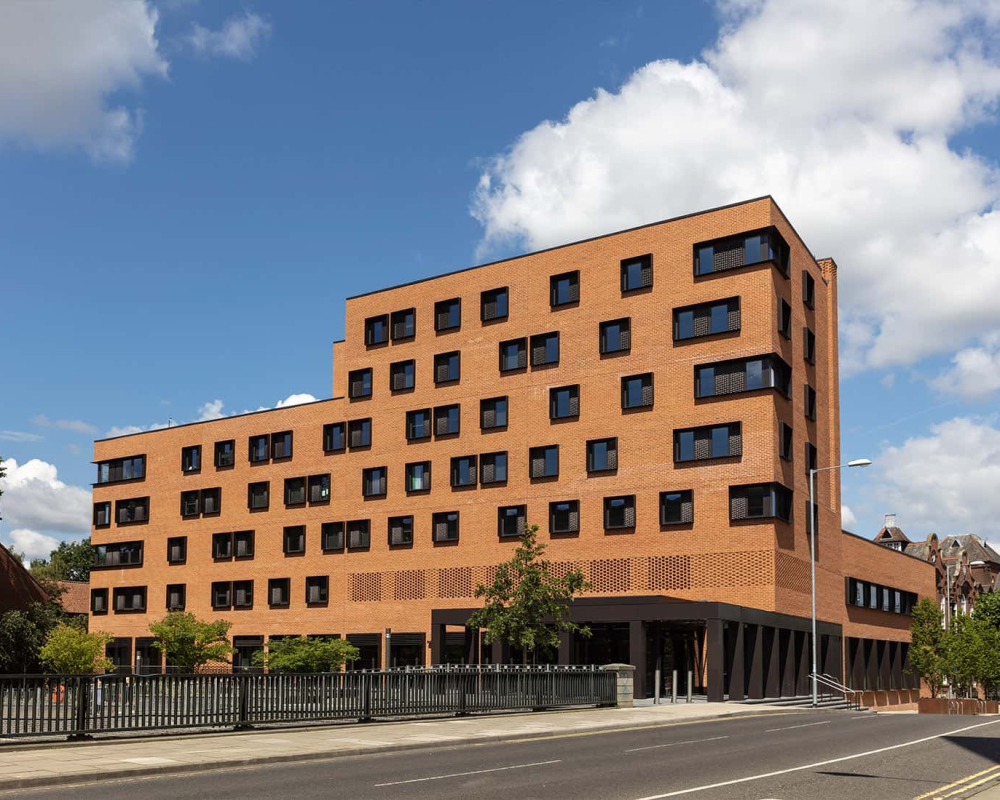
Applicant Days
Applicants days are your chance to dig deeper into your chosen course and get more of a feel for student life at Norwich. -
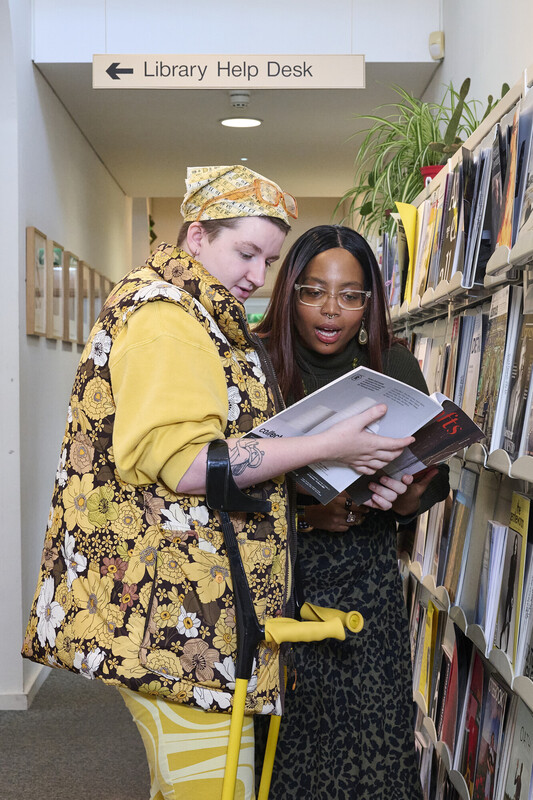
Course costs
If you are a full-time, UK/Republic of Ireland-fee paying student, we have created a comprehensive breakdown of all course-related costs to help you plan for your time at Norwich. -
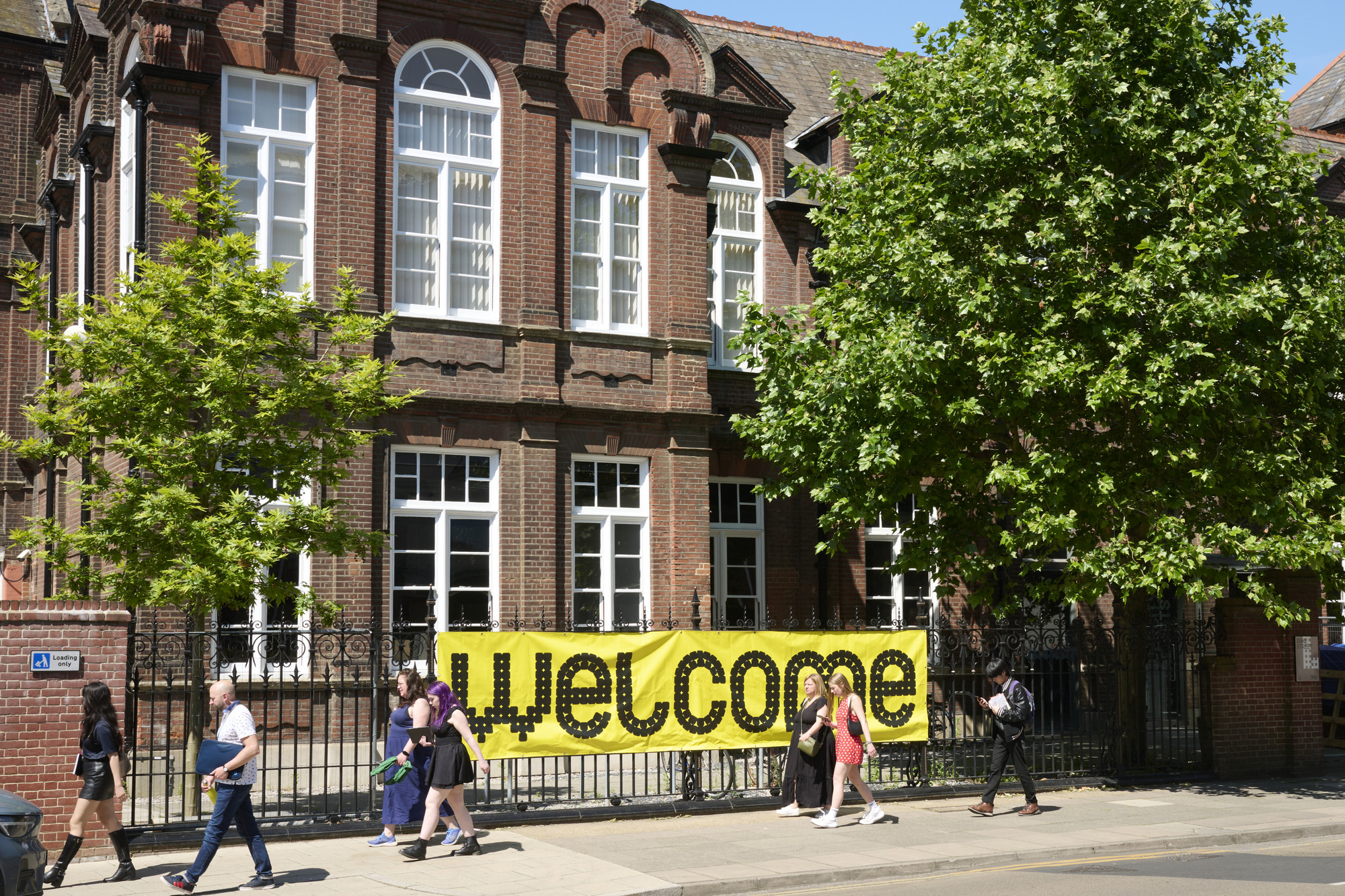
Open days and events
Norwich Open Days give you an opportunity to meet our current students and staff. You can find out about the courses we offer and discover if Norwich is a place where you would like to study. -
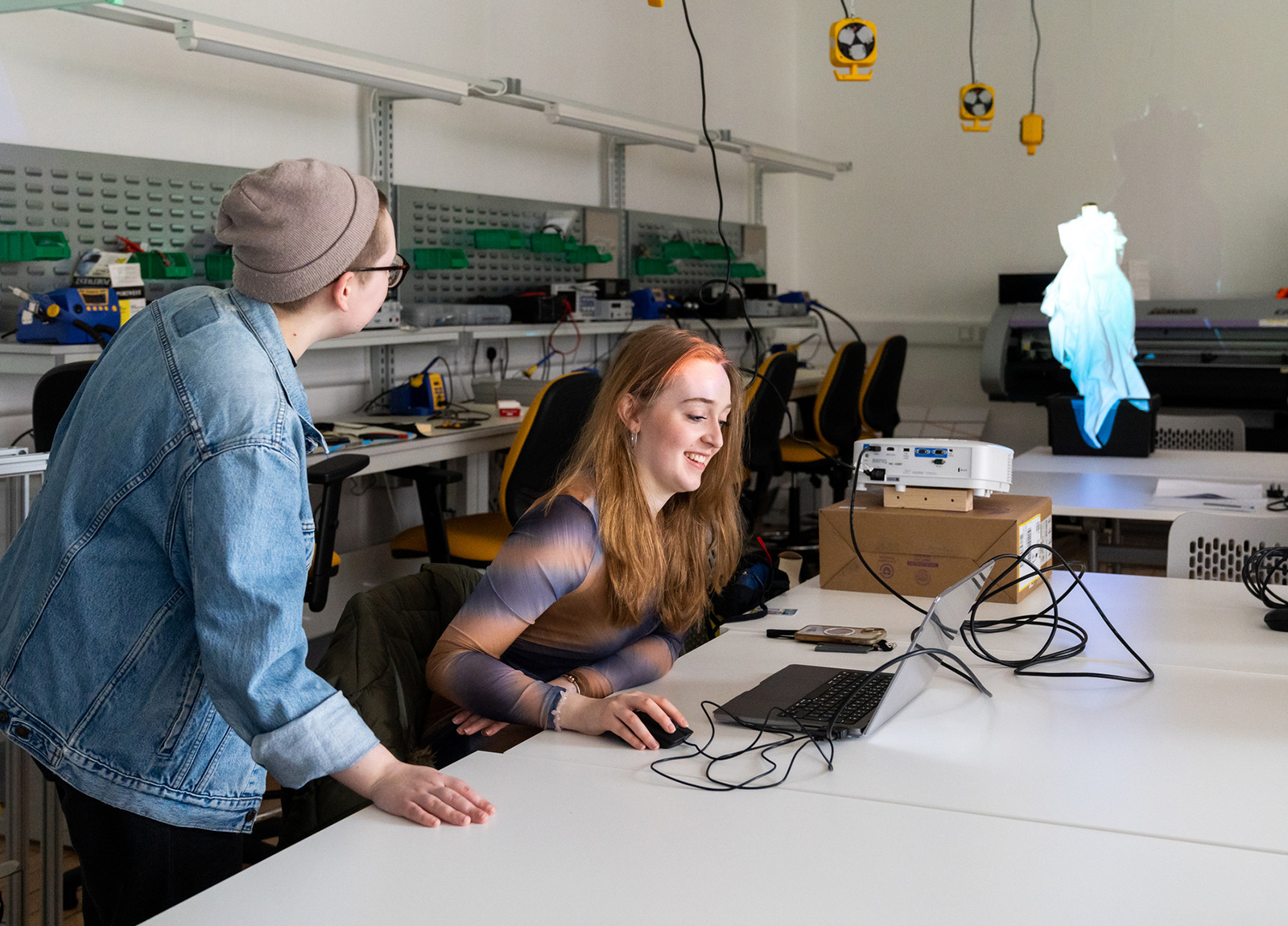
Postgraduate
Our master’s degrees and postgraduate courses allow you to spend time studying a subject in greater depth. -
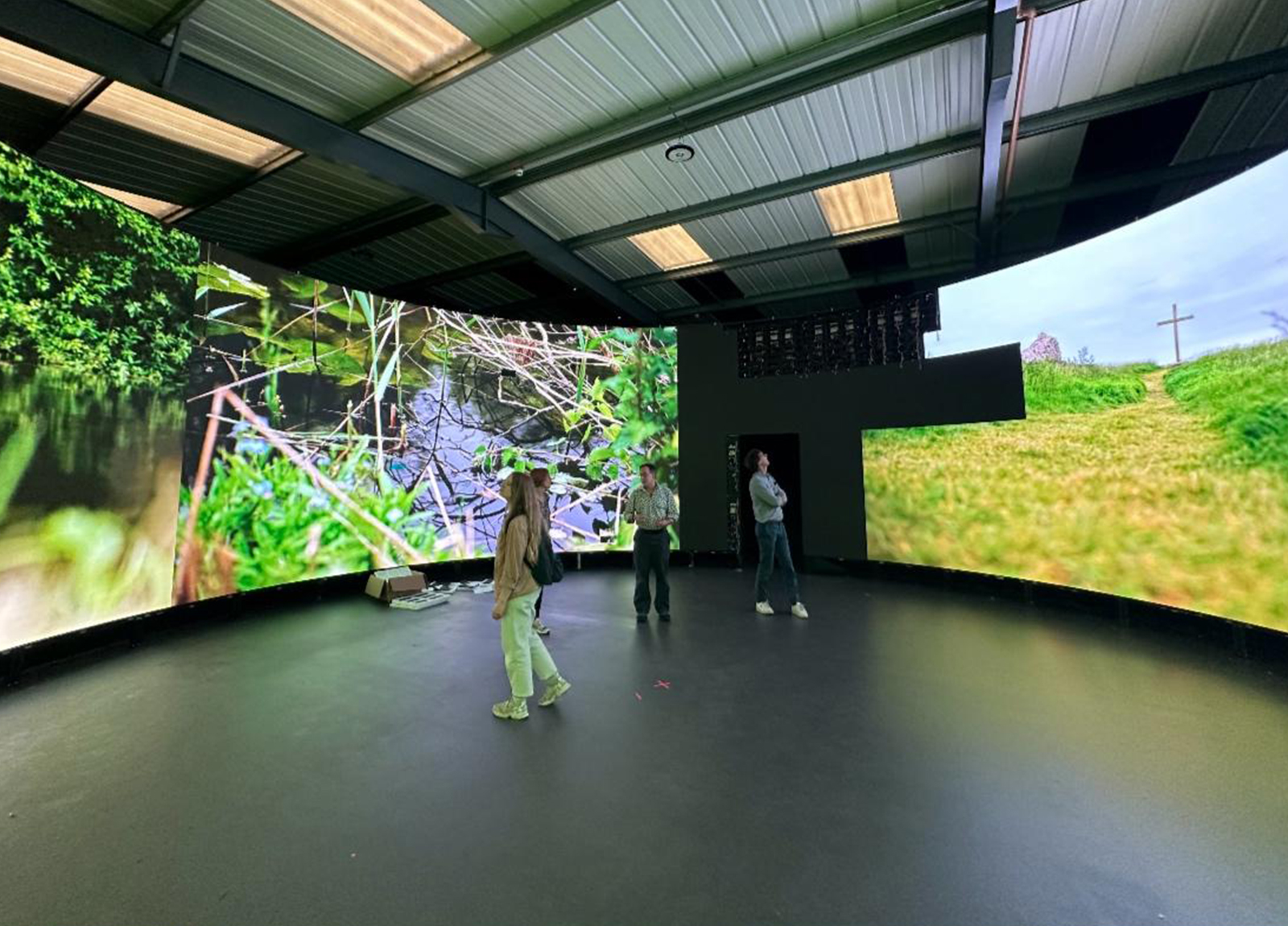
Undergraduate study
Find out everything you need to know about studying an undergraduate degree at Norwich University of the Arts -
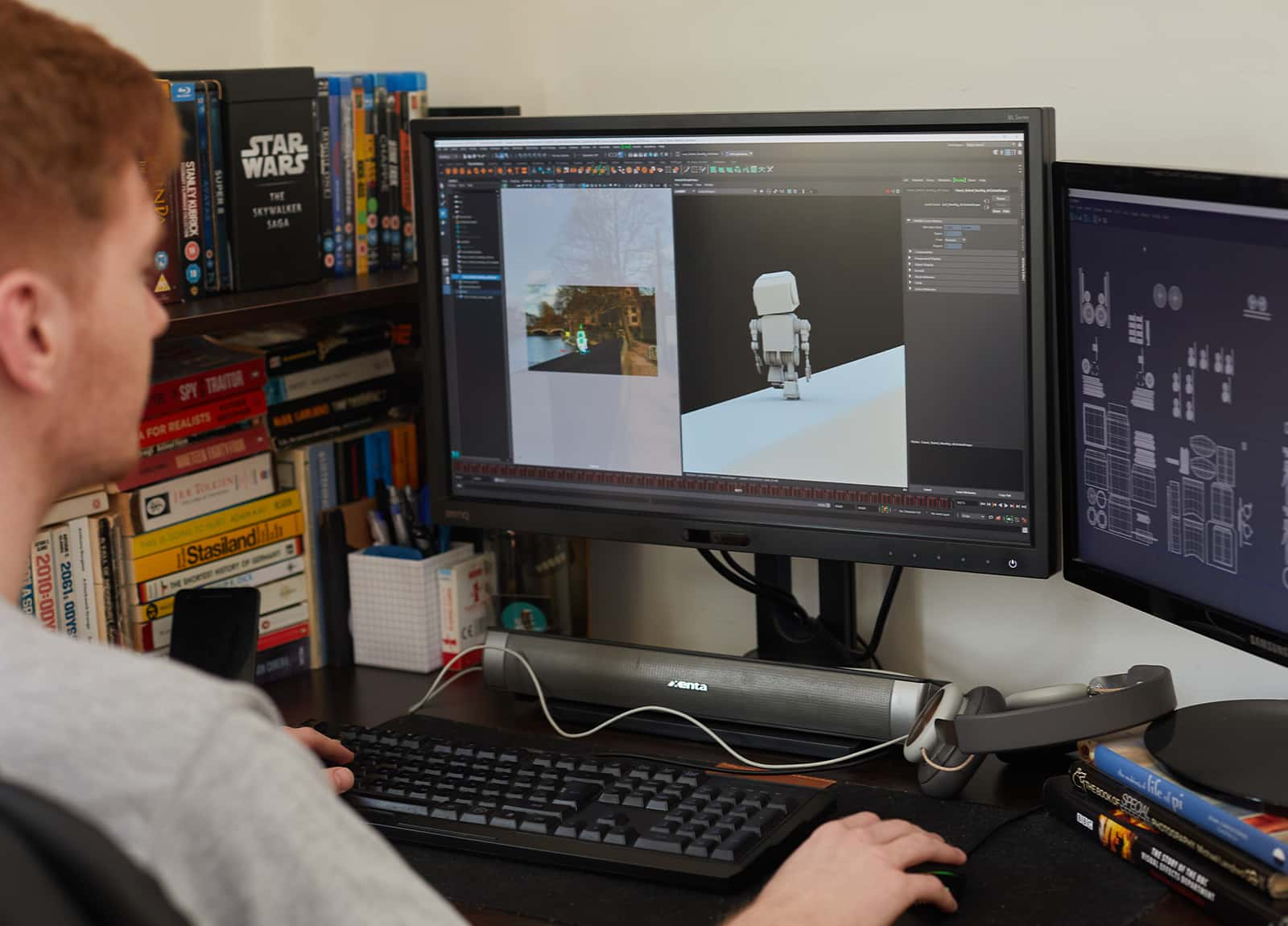
Short courses
Norwich University of the Arts’ short courses help to fill skill gaps in the creative and technological industries, providing you with the opportunity to develop the skills needed for the next step in your career. -
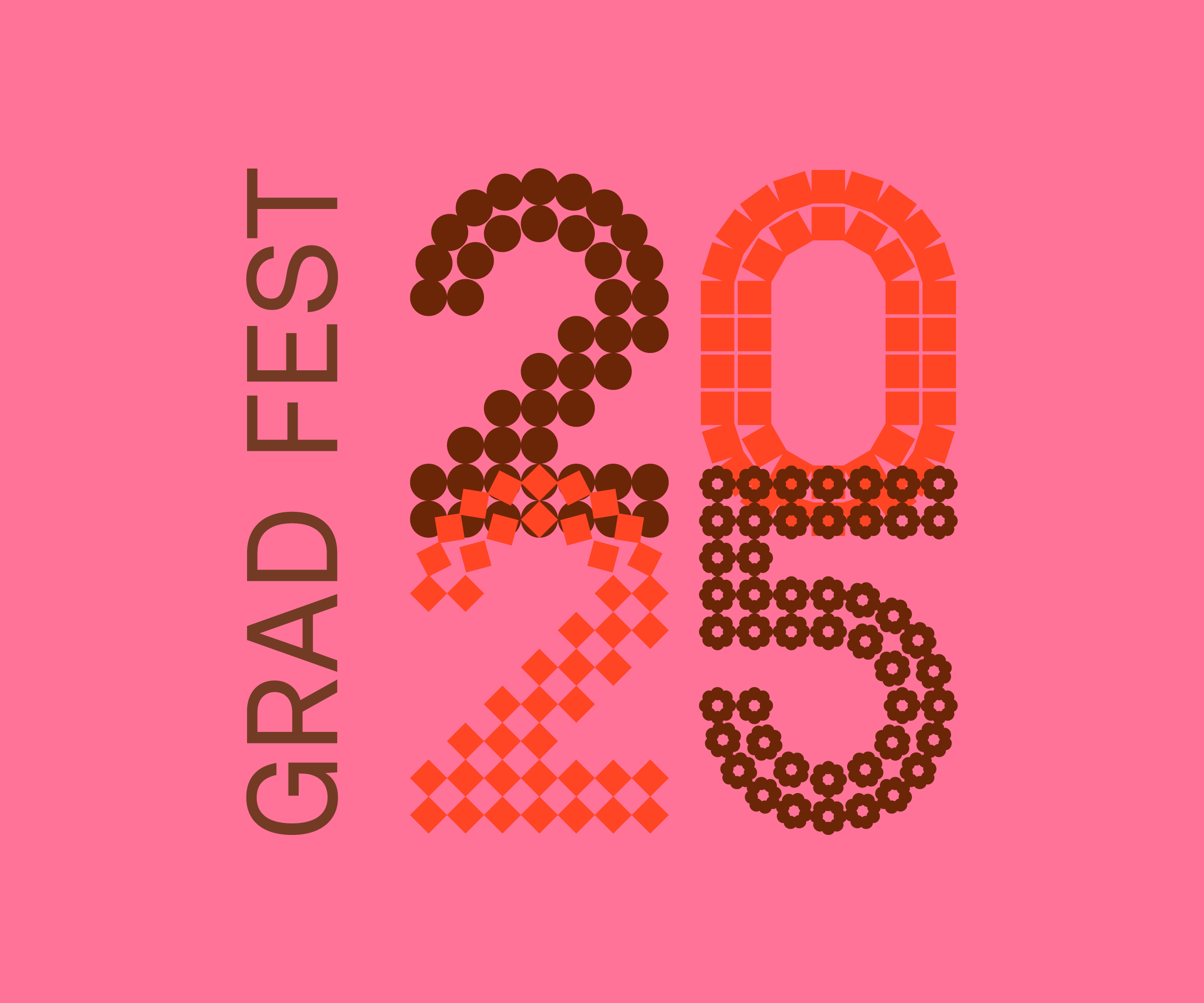
Grad Fest 2025
Explore the Norwich University of the Arts 2025 Grad Fest Showcase -
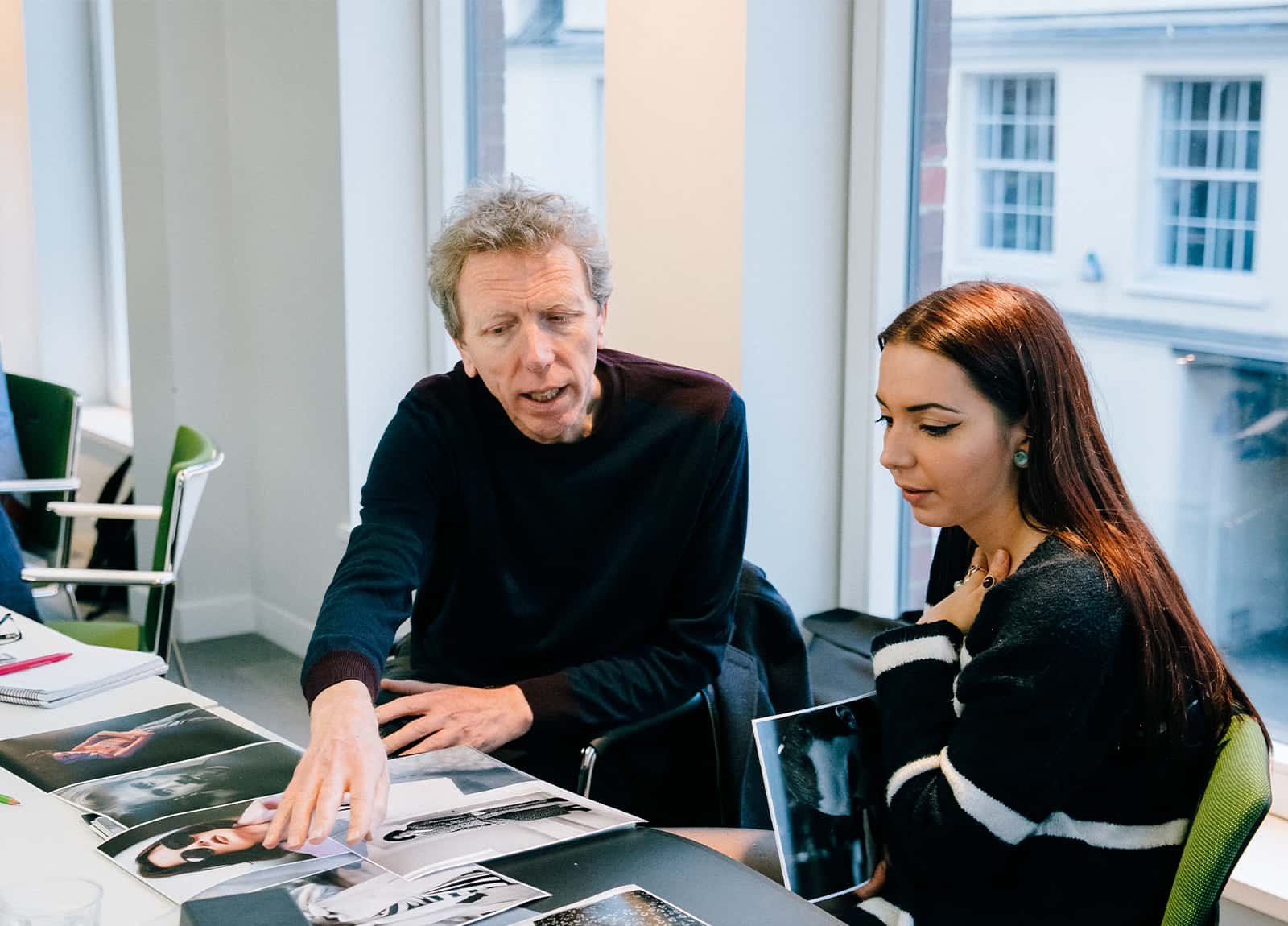
Level 5 Diplomas
Students have an opportunity to spend a year, between the second and third year of their course, enhancing their employability options through a Level 5 Diploma. -
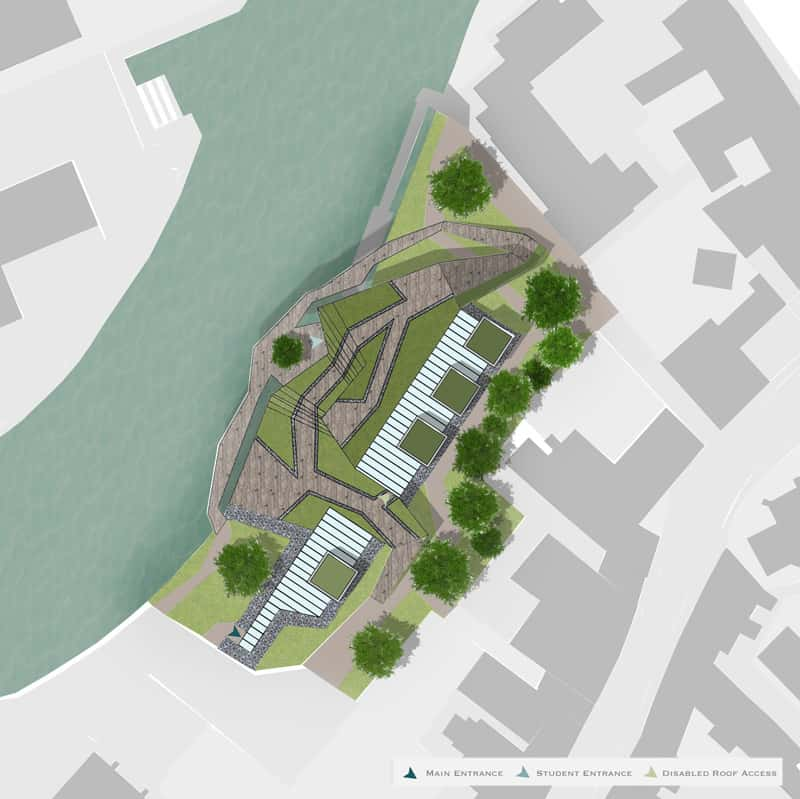
Professional Experience Development Record (PEDR)
The Professional Experience and Development Record (PEDR) is a standard form devised by the Royal Institute of British Architects (RIBA) for architectural students to record practical experience and professional development. -

Chat to a student
Got questions about studying with us? Chat to one of our current students to find out what it's like to be part of our welcoming and friendly community. -
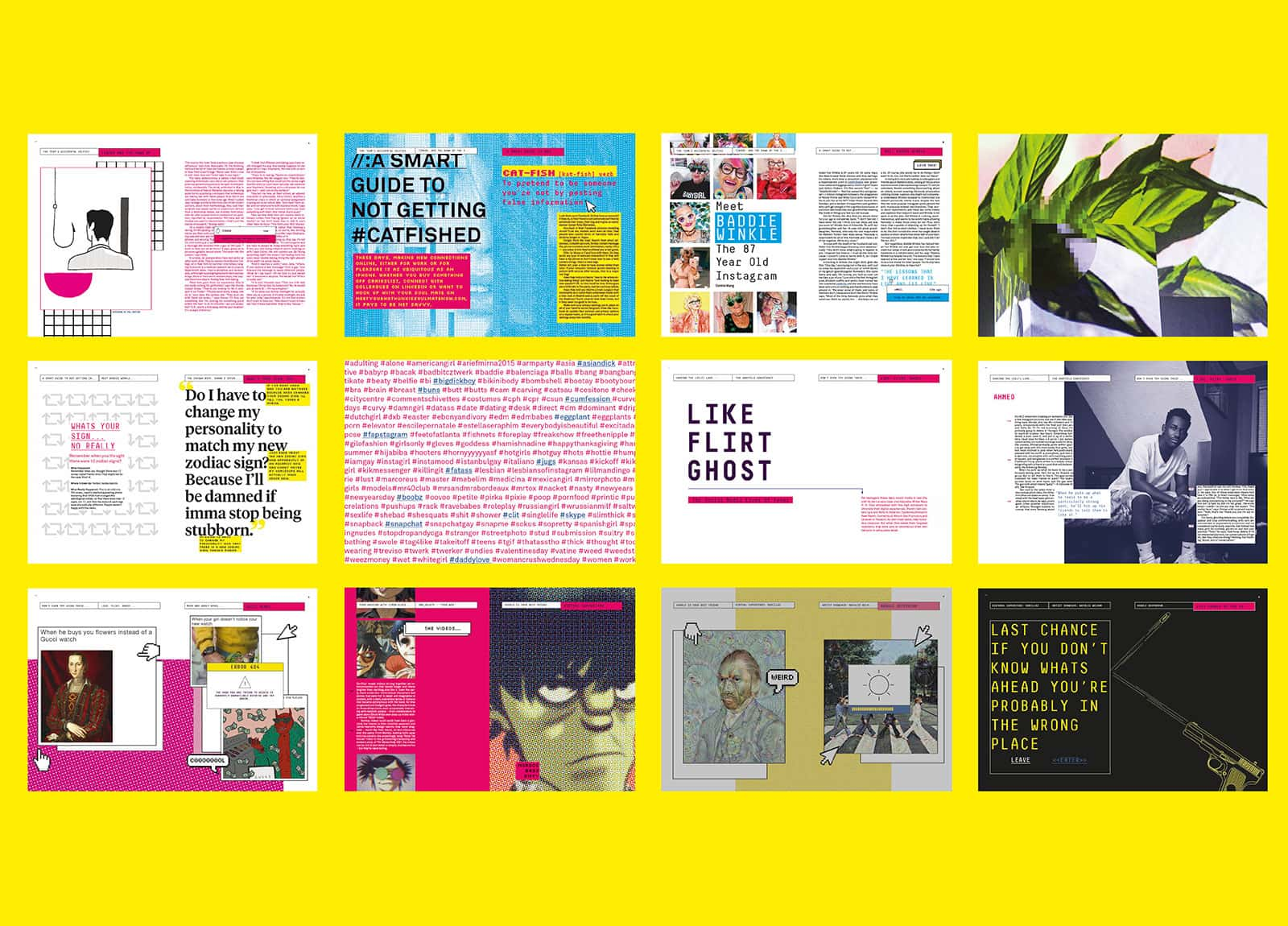
Information for schools and colleges
Norwich University of the Arts works closely with teachers and advisers to champion and nurture creativity both within the UK and internationally -

Assessment
Assessment is the process of evaluating or assessing your learning. -
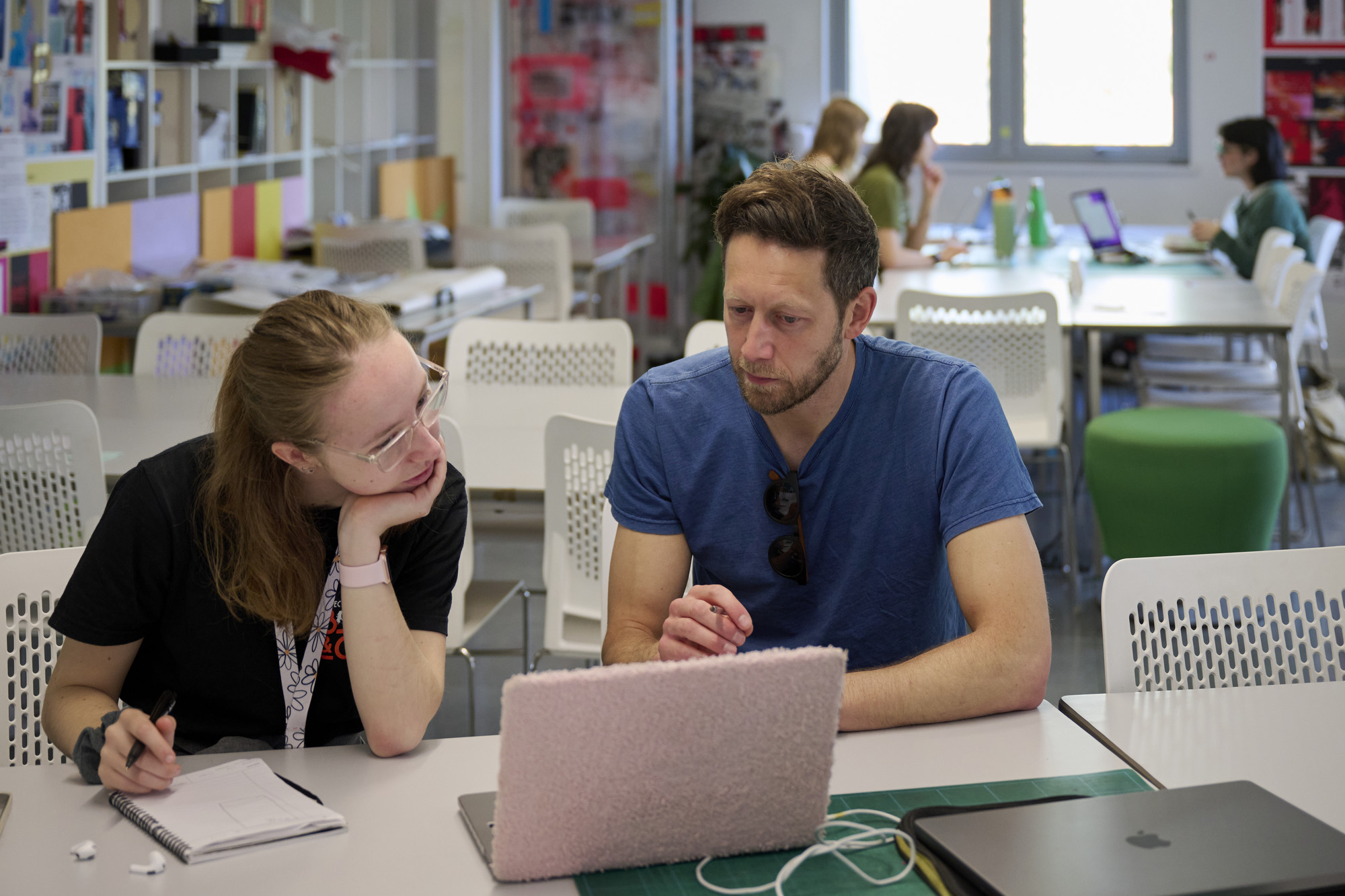
Learning and teaching
Learning and teaching at Norwich University of the Arts is a blend of on-campus practical sessions in our studios, workshops and labs, live-streamed digital sessions, and pre-recorded digital materials you can use on-demand -

Course Search
See our courses and discover why Norwich stands out. From top-rated teaching and world-class studios to a welcoming community and strong industry links.